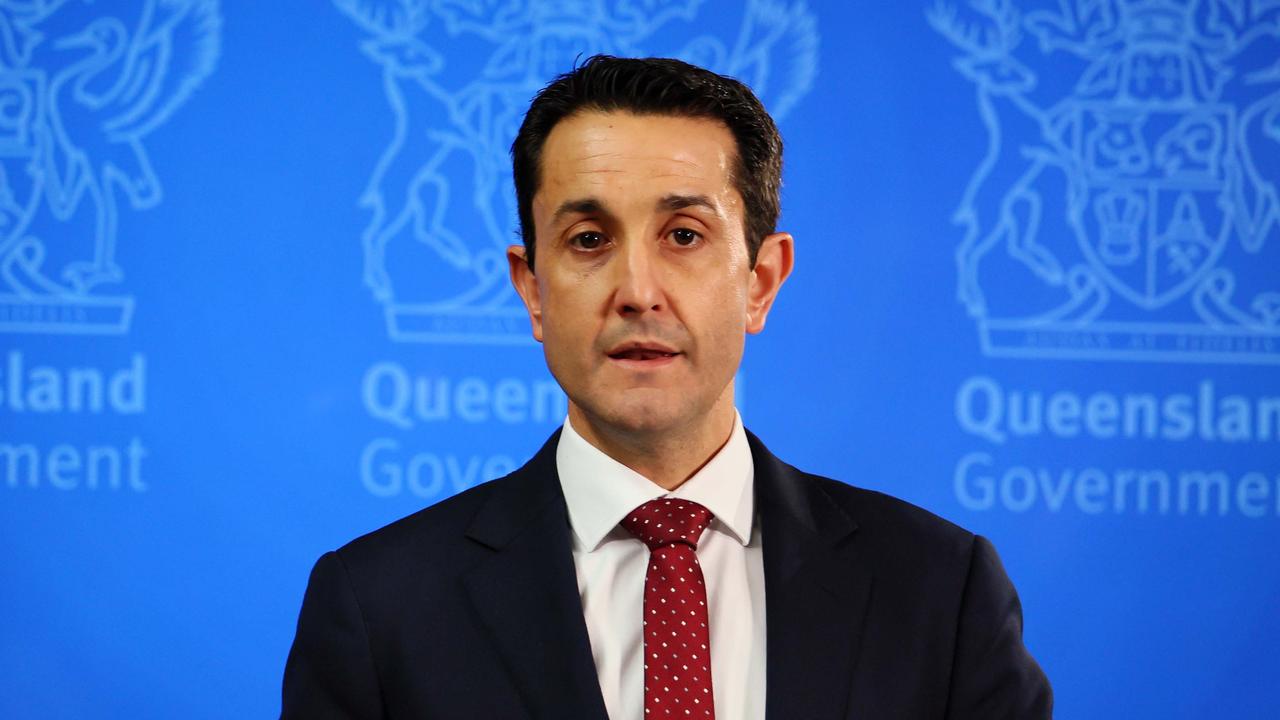Biosecurity officers get tough new powers
Passengers could be forced to hand over their shoes upon arrival at Australian airports, as part of new measures designed to stop a local outbreak of Foot and Mouth Disease.
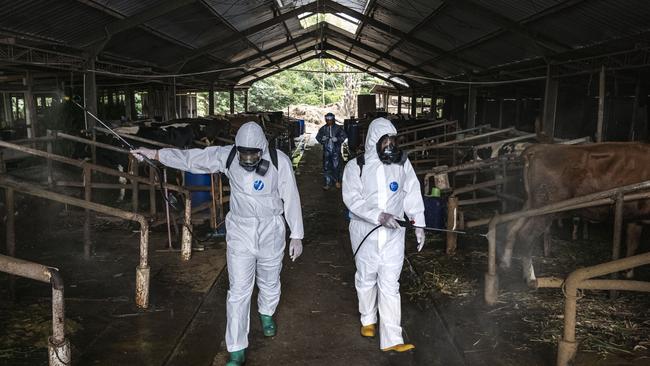
National
Don't miss out on the headlines from National. Followed categories will be added to My News.
Border security staff at Australian airports have been given unprecedented new powers to deal with incoming travellers, as the country grapples with the possibility of a local outbreak of Foot and Mouth Disease.
From Saturday, biosecurity officers at Australian airports will be able to direct all incoming passengers to use cleaning foot mats and even hand over their shoes.
Federal Agriculture Minister Murray Watt said the strengthened powers were part of “the strongest biosecurity response in Australia’s history”.
“I had been concerned about some rare reports that some return travellers were not doing the right thing when returning from Indonesia,” Mr Watt said.
Officers will be able to use the strengthened powers within newly-declared Biosecurity Response Zones at international airports.
The Director of Biosecurity, and Secretary of the Department of Agriculture, Fisheries and Forestry, Andrew Metcalfe, made the determination to establish the zones on Friday afternoon.
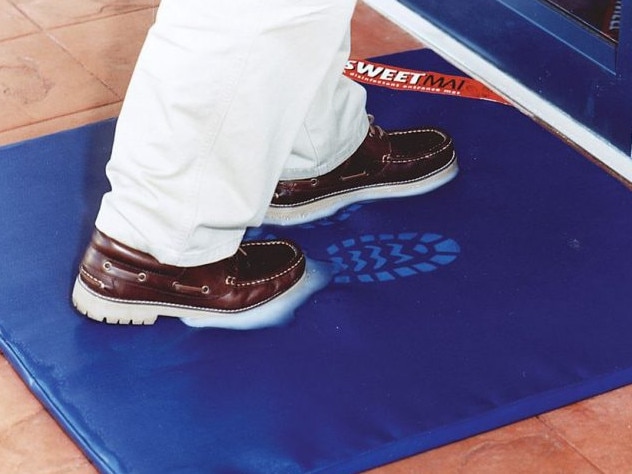
It is the first time this has been done under section 365 of the Biosecurity Act 2015.
Mr Watt said the zones “strengthen and widen the powers of biosecurity officers to direct passengers to use foot mats and other biosecurity control measures such as the cleaning of shoes”.
“We have wasted no time in getting on top of this issue and have been consistently ramping up measures at our airports and mail centres around the country,” Senator Watt said.
Sanitation mats for incoming passengers had started to arrive at airports around the country, Senator Watt said, and “passengers will begin seeing them at customs in the coming days.”
But another biosecurity measure designed to limit the spread of any outbreak could take five years to roll out, industry sources have warned.
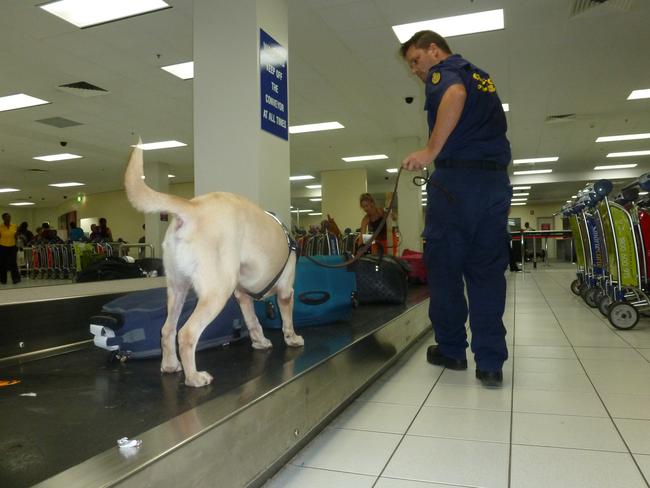
Earlier this week, Mr Watt announced a new nationwide electronic tracing regime would be implemented for sheep and goats, after the successful implementation of such a system in Victoria.
Sheep Producers Australia CEO Bonnie Skinner said it took five years for individual tags to be rolled out in Victoria, and a national implementation could take just as long, despite the current sense of concern about Foot and Mouth Disease (FMD).
“Any implementation must be done in a way that minimises disruption to the supply chain, and improves traceability as much as possible. It’s yet to be figured out,” Ms Skinner said.
Previously, sheep and goat herds were monitored in mobs, with 100 animals treated as a single unit, but under the new system each individual animal will be tagged, as is already the case with cattle.
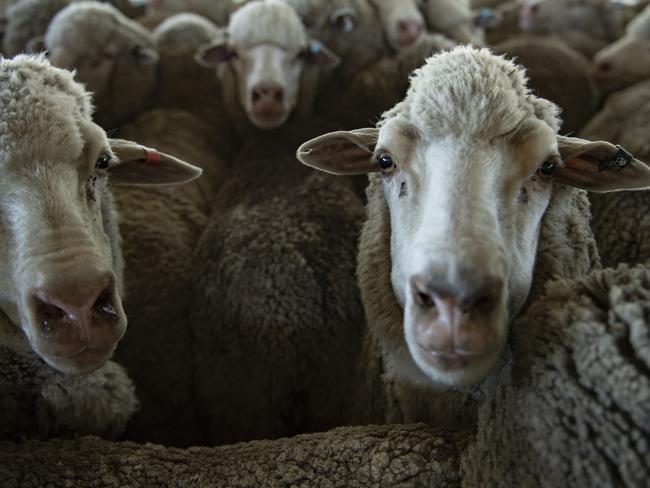
Tagging won’t stop FMD or other diseases, but the accurate tracing of animals will become absolutely critical in the event of an outbreak. A suspected case of the disease will trigger an immediate and nationwide three-day standstill of livestock movements to enable tracing to take place.
It’s been estimated an FMD outbreak could have an $80 billion impact on the Australian economy.
NSW Farmers Biosecurity Chair Ian McColl said a speedier rollout of the tags would “depend on funding and logistics”.
The electronic tags can be as much as $1.20 each, and farmers would be looking to share the costs with other sectors of the industry, Mr McColl said. There are an estimated 64 million farmed sheep in Australia.


NSW Farmers has proposed a national tender for the tags to bring down costs, while Sheep Producers Australia has called for government subsidies of $40 million every year for the next three years to support producers through the transition.
Other sources said the costs would eventually be passed on to the consumer, but Ms Skinner said it was “not being discussed by the industry at the moment”.
Mr McColl said the current system of tracing sheep and goats was working, but there was room for improvement.
Having effective methods for tracing sheep and goats was especially important because the diagnosis of FMD in those animals was trickier than it was in cattle and pigs, Mr McColl said.
While some politicians have called for Australia to close its border with Indonesia, livestock industry sources said it was not a practical measure as 20 countries around the world had FMD outbreaks right now.
More Coverage
Originally published as Biosecurity officers get tough new powers




